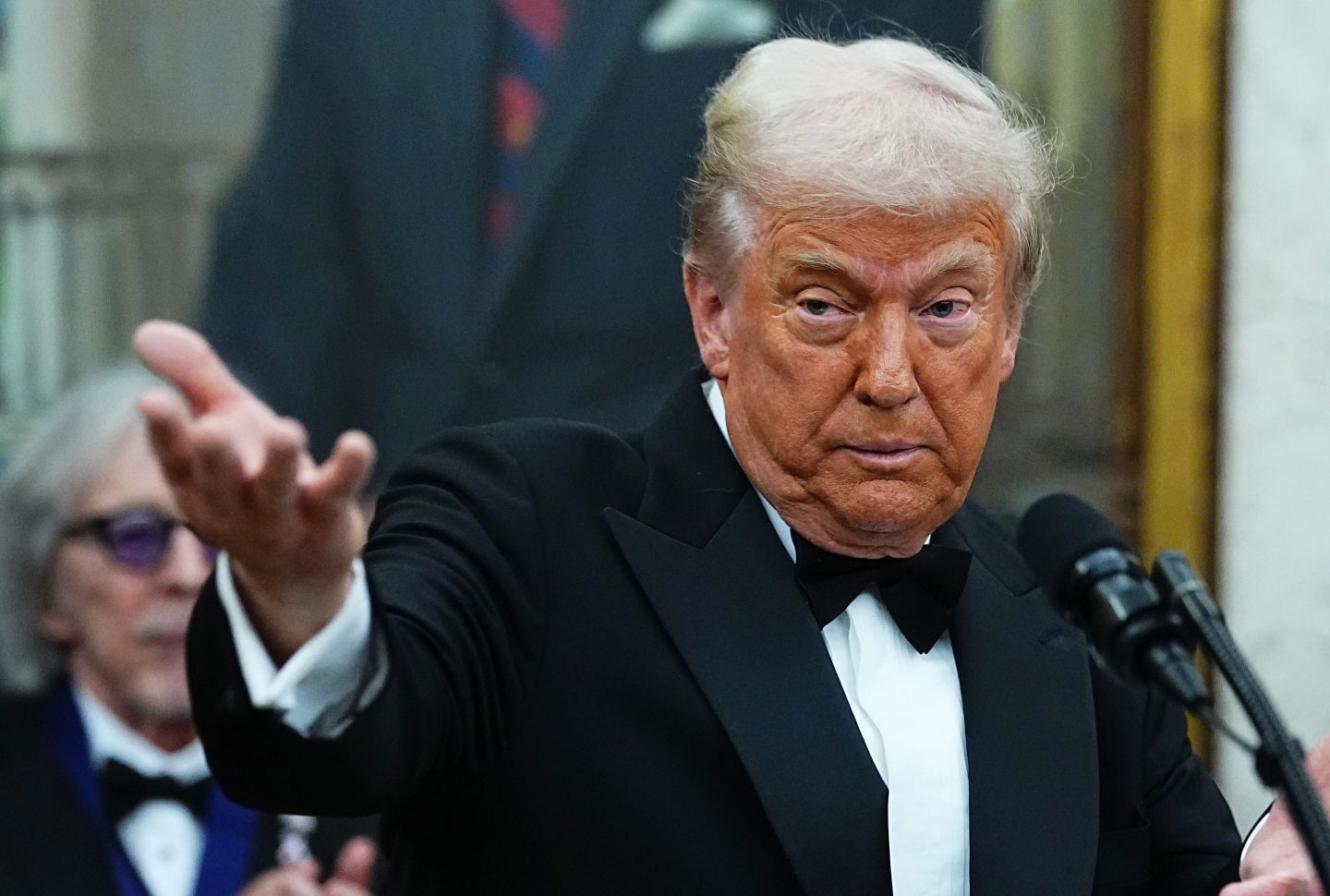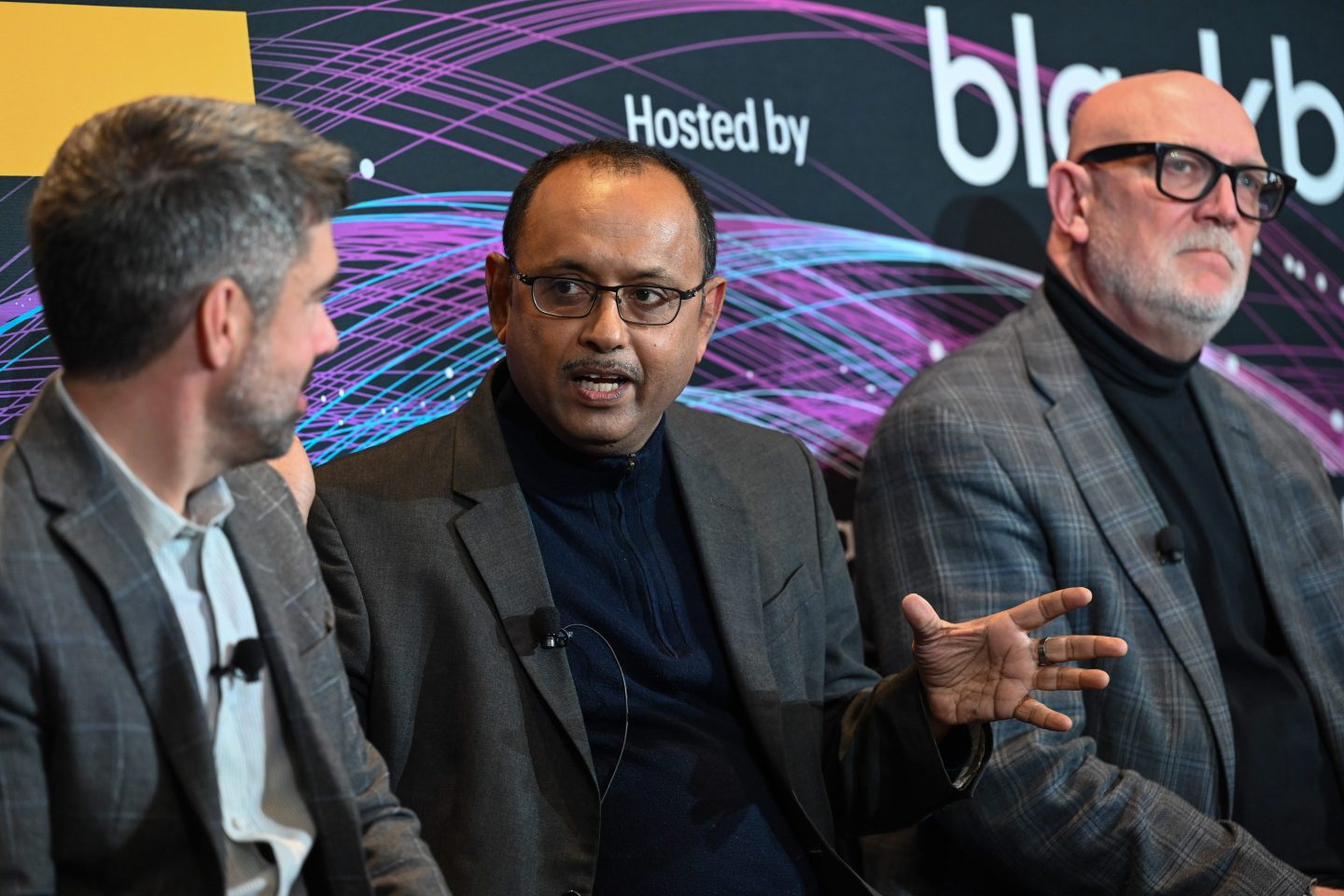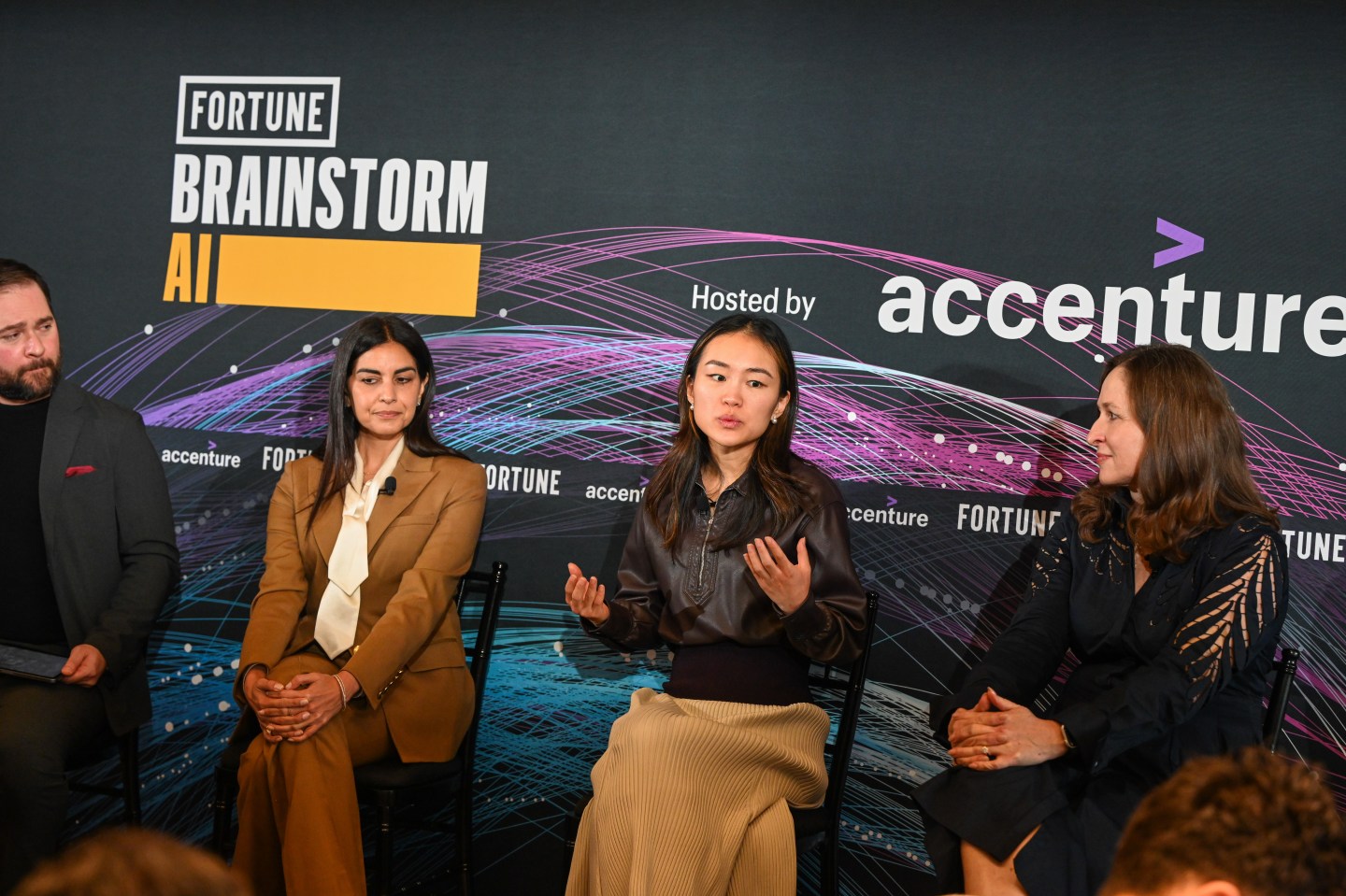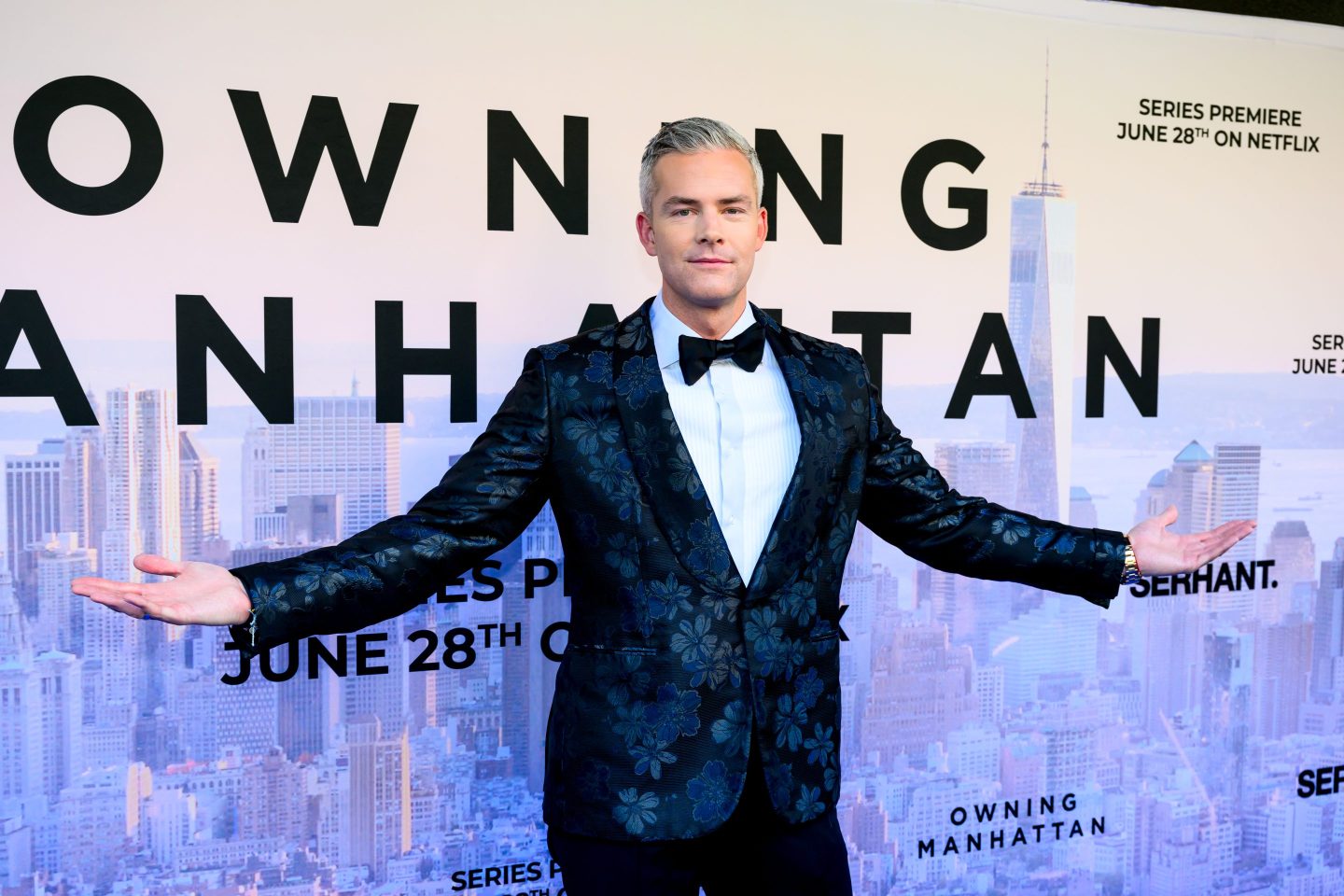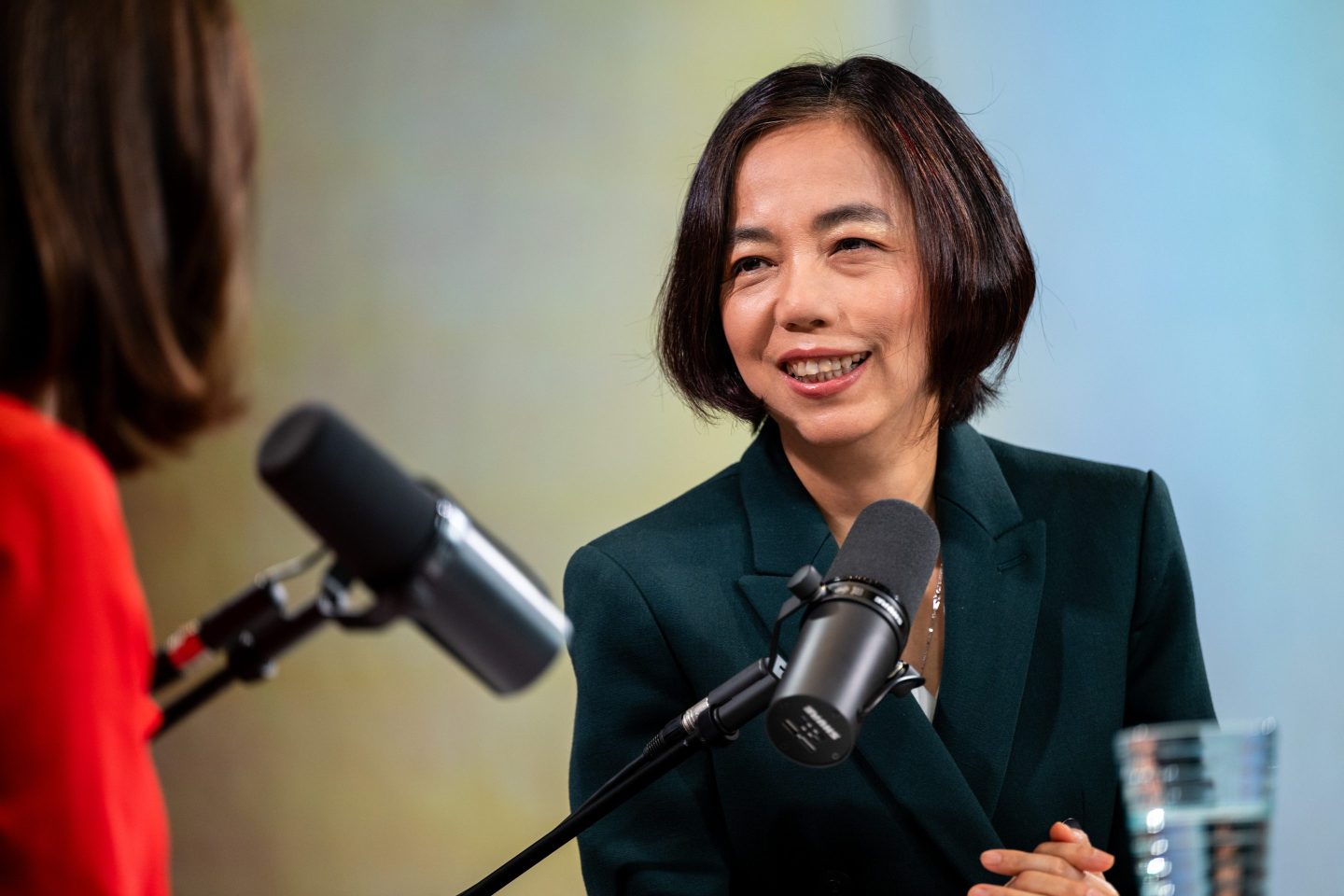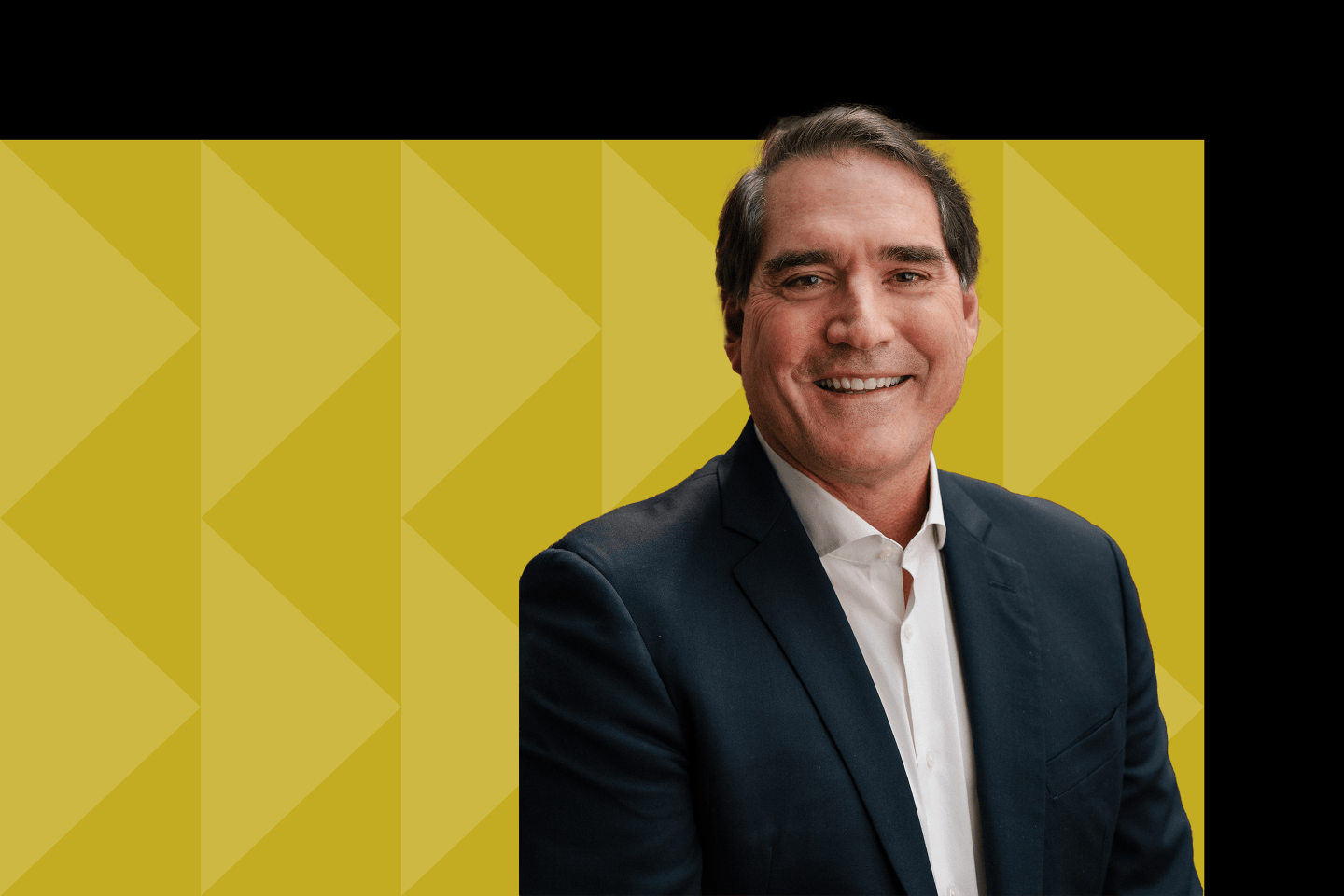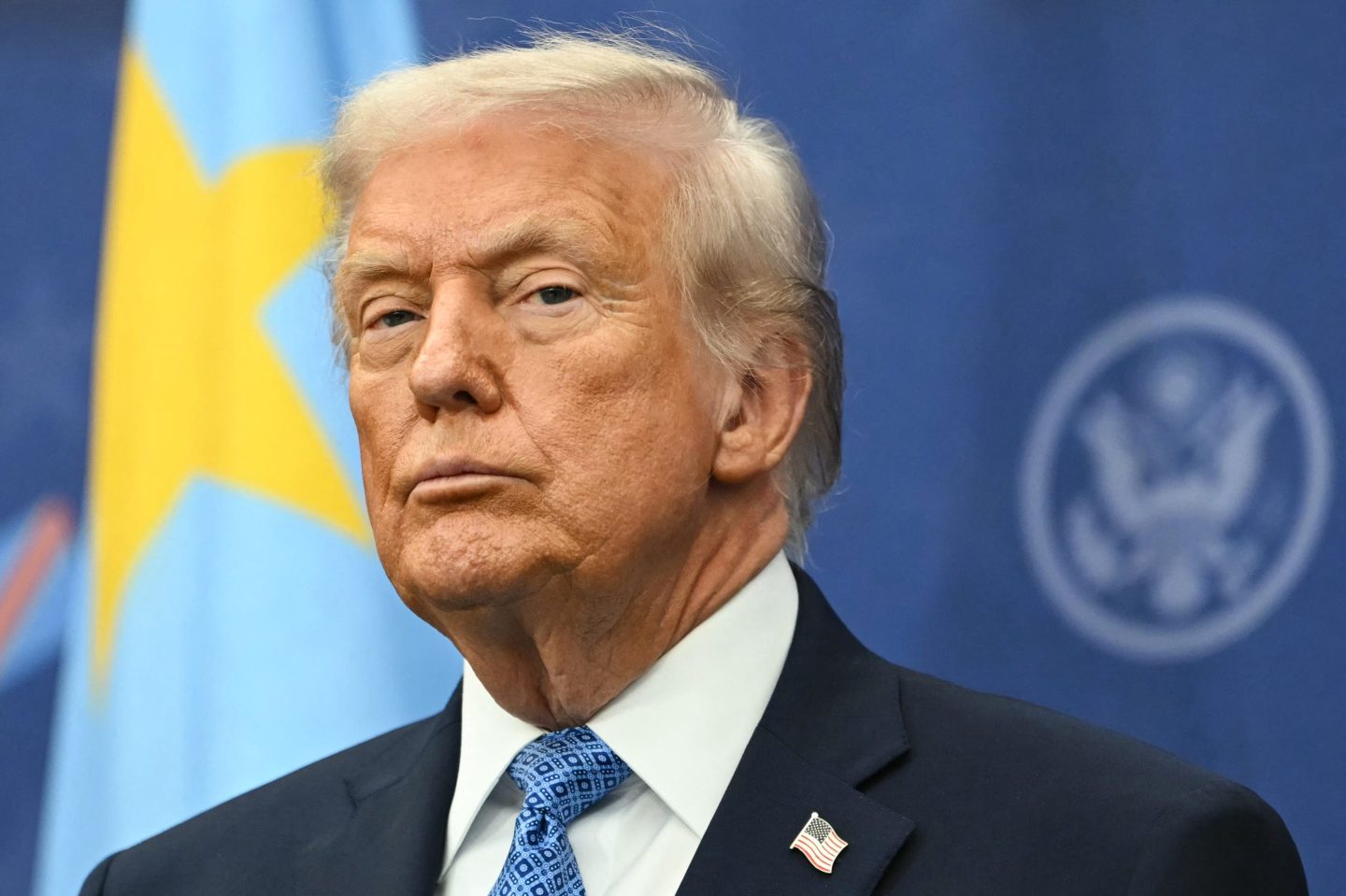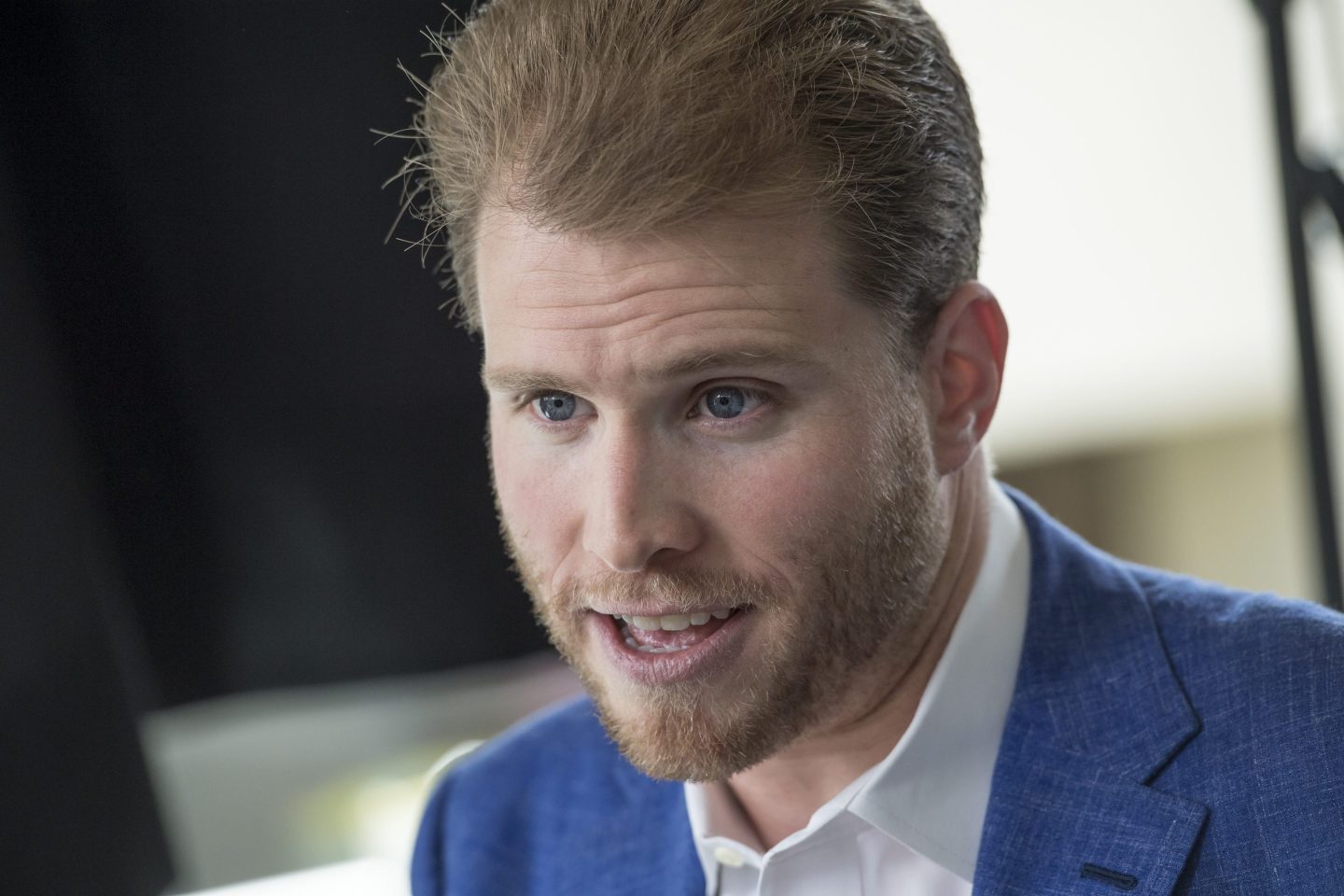Leaders of the Group of Seven wealthy nations pledged on Saturday to fight protectionism, overcoming resistance from U.S. President Donald Trump, who was elected on an “America first” agenda, diplomatic sources said.
However, the United States remained isolated from the other six G7 nations over climate change, demanding more time to decide whether to honor its commitments to reduce carbon emissions under the 2015 Paris Agreements.
Diplomats worked through the night trying to bridge the gap between the new U.S. administration and its allies Britain, Canada, France, Germany, Italy and Japan on a number of barbed issues, including trade, the environment and Russia.
“In the end we convinced them to include the fight against protectionism in the final communique, so that was a step forward,” said one European diplomat, who declined to be named.
EU diplomats also looked to put a positive spin on Trump’s refusal to back the landmark Paris climate accord, saying he had listened hard to their arguments.
“Of course we would have liked the U.S. to commit, but we have to be realistic. Trump engaged in a dialog, asked questions, received arguments and stays in the game,” a senior French diplomat said.
Meeting in a luxury hotel overlooking the Mediterranean sea, hosts Italy had hoped that the summit would focus on Europe’s migration crisis and the problems of neighboring Africa.
The internal G7 divisions and a suicide bombing in Britain on Monday, that killed 22, overshadowed the Italian agenda, but on Saturday five African leaders joined the world power leaders to discuss their continent’s potential.
Niger President Mahamadou Issoufou urged the G7 to take urgent measures to end the crisis in Libya — the point of departure for hundreds of thousands of migrants looking for a better life in Europe. He also criticized them for not honoring aid promises to fight poverty in West Africa’s poorest regions.
“Be it Niger, a transit nation, or the countries of origin, it is only through development that we will prevent illegal migration,” Issoufou said.
The final communique is expected to be little more than six pages long, against 32 pages last year, with diplomats saying the leaders wanted a simpler document to reach a wider audience.
Among the remaining sticking points was whether to include a separate threat, that was inserted into the 2016 G7 statement, to take additional action against Russia, if warranted, for its intervention in Ukraine.
The European Union and the United States imposed sanctions on Russia after Moscow annexed Crimea from Ukraine in 2014 and pledged to up the penalties if Russian interference in Ukraine intensified. Trump’s promise of warmer ties with Moscow has called into question the U.S. commitment to sanctions.
Diplomats said that on other key international issues, such as Syria and North Korea, there was broad G7 agreement.
However, Italy was disappointed not to receive more backing for its call to open up more legal channels for immigration to try to slow the flow of people risking their lives to reach Europe on flimsy boats from lawless Libya.
“There was very strong opposition by the Americans and British who wanted to refocus on security and water down the expansive language on freedom of movement,” said a European diplomat, who declined to be named.
Security questions dominated initial G7 discussion on Friday and the leaders called on internet service providers and social media firms to “substantially increase” their efforts to rein in extremist content.
The U.S. president is due to return to Washington later on Saturday at the end of a nine-day tour of the Middle East and Europe — his first foreign trip since taking office.
Unlike other G7 leaders, he is not due to give a press conference before flying out.
U.S. officials said he had enjoyed “robust” conversations with his allies in Sicily and had also learnt a lot — especially in the debate on climate change, which he has previously dismissed as a hoax.
“He came here to learn. He came here to get smart. His views are evolving which exactly as they should be,” Trump’s economic adviser Gary Cohn said on Friday.
